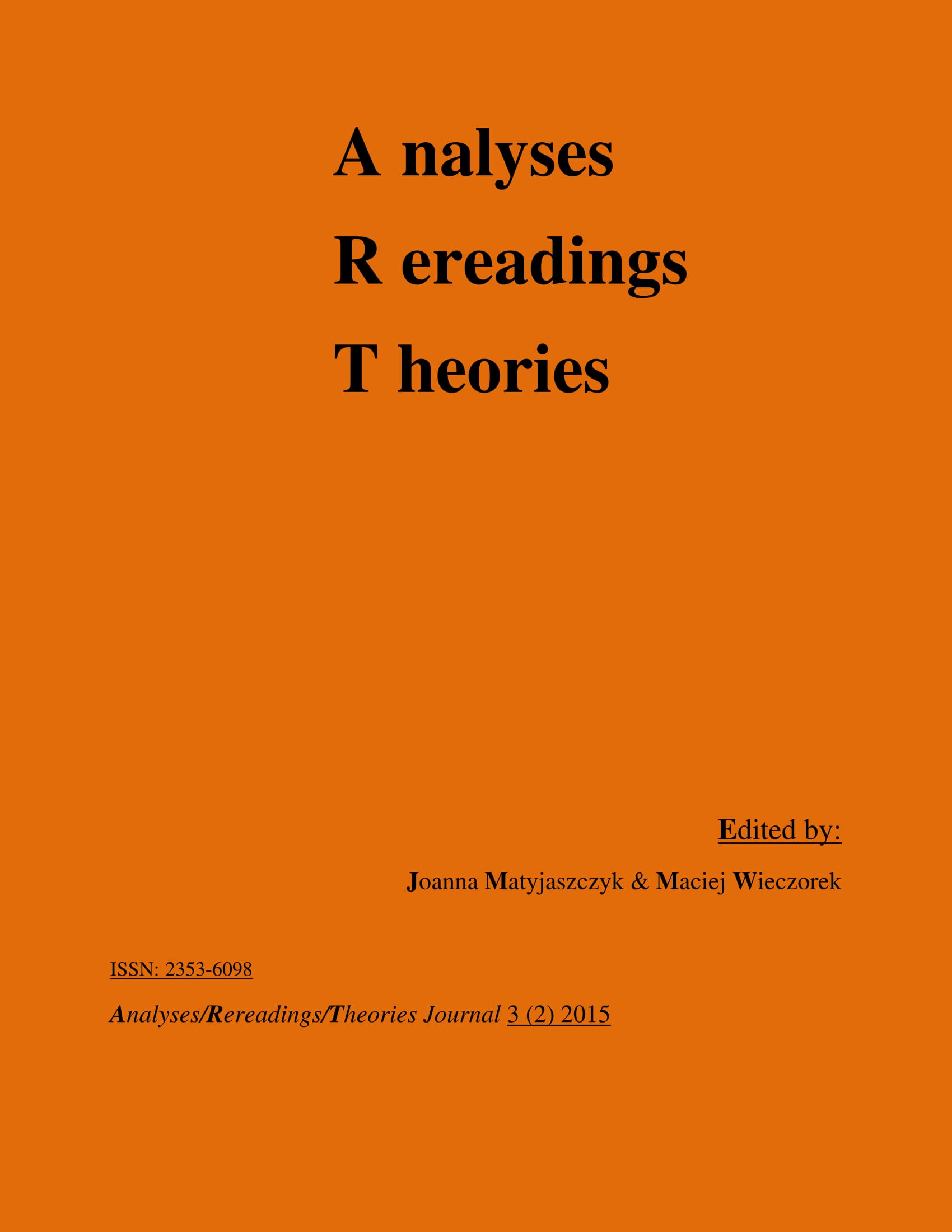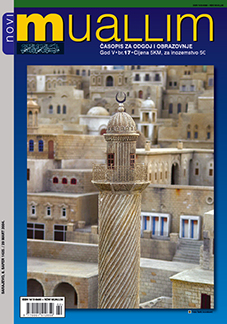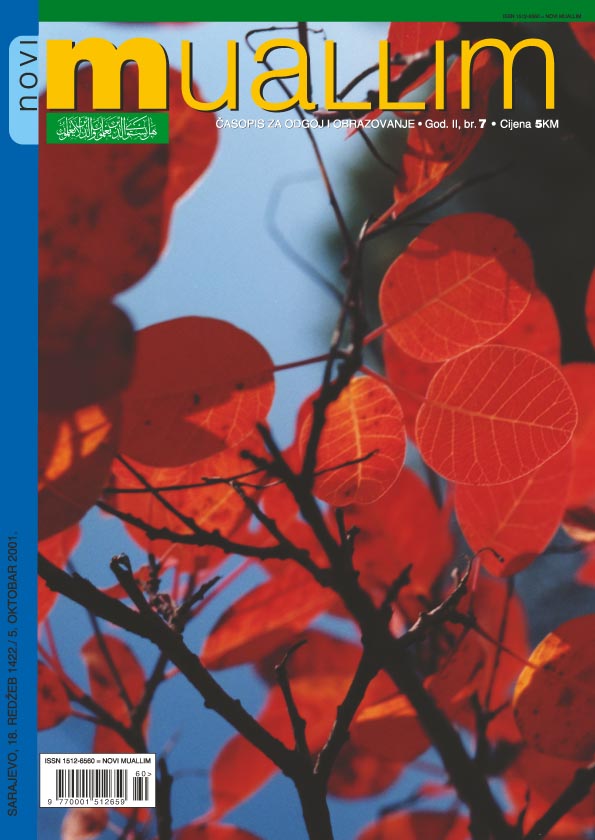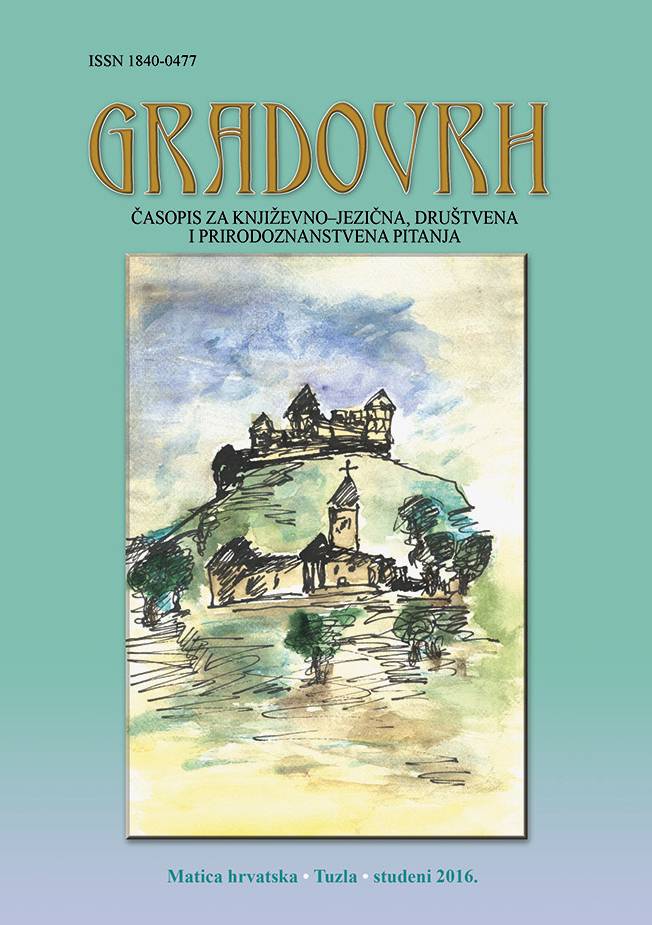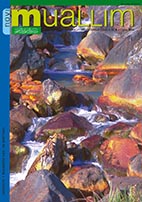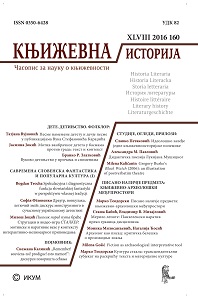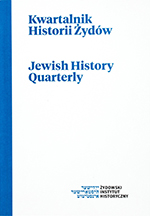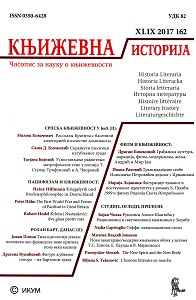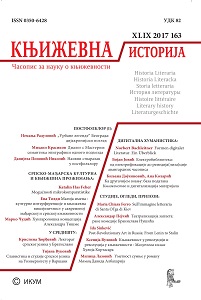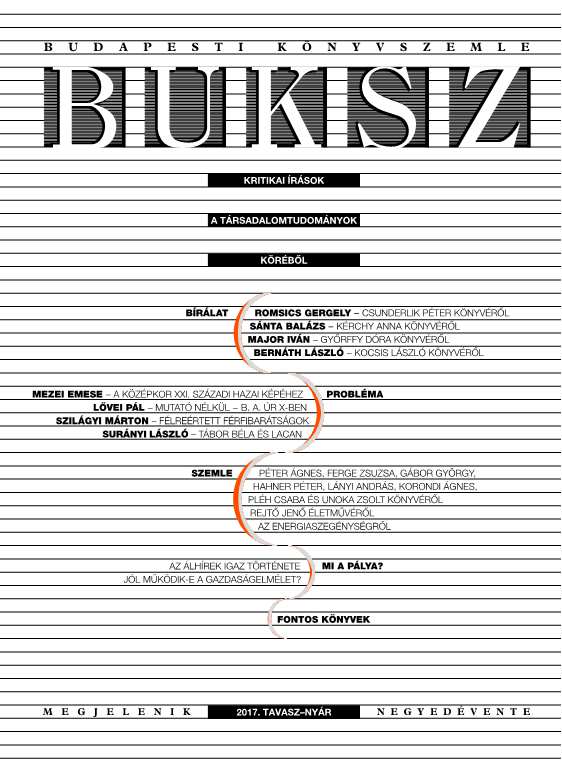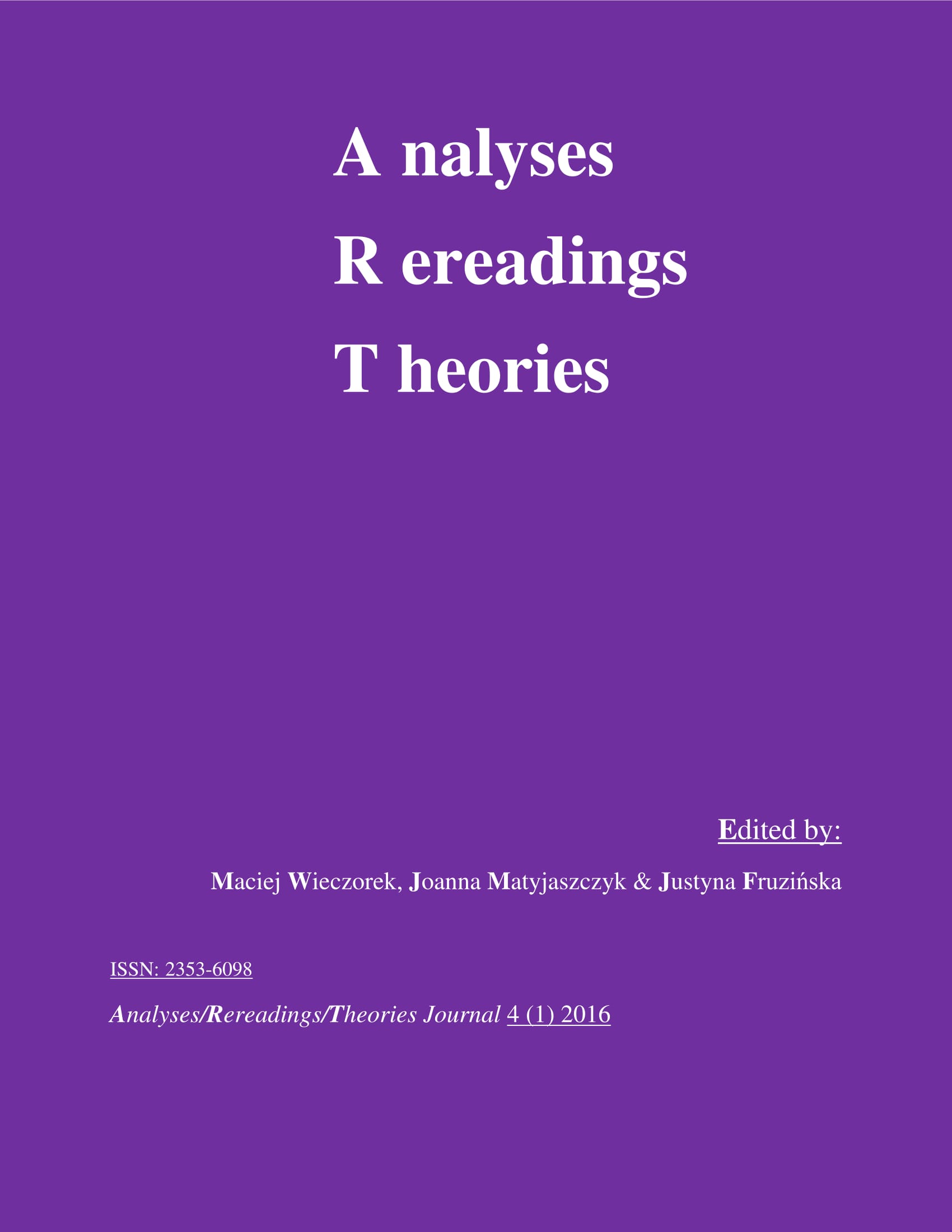
Secularism and Its Discontents: The Moor’s Last Sigh and Riot
The recurrent theme of dropping frontiers in a world which has become increasingly heterogeneous but intolerant is the leitmotif of Sashi Tharoor’s Riot and Salman Rushdie’s The Moor’s Last Sigh. The figure of the Moor and his hybrid genealogy is central to Rushdie’s vision, as he reconstructs a syncretic, tolerant Moorish Spain and juxtaposes it with Bombay, his haven of pluralism. He celebrates Nehru’s vision of a new Indian nation which, in keeping with the traditions of western modernity, promised to be above religion, clan, and narrow parochial considerations. With the vanishing of such ideals and hopes, as boundaries and religious communalism are getting intensified these diasporic cosmopolitan writers make a case for a boundless world. Their response is a human subjectivity which transcends color, class, narrow parochialism, tribalism and fundamentalism. Secularism is the very base of their humane approach. This essay, therefore, analyzes the theme of secularism and its discontents, particularly in the context of the coexistence of Hindus and Muslims in India, as it runs through Rushdie’s The Moor’s Last Sigh and Tharoor’s Riot by exploring the various layers of allegories related to pluralism and the critique of fundamentalism in them. Toward this end, it will focus on the recent debates on Indian secularism by scholars to interrogate the relevance of the European model of secularism which argues for the separation of state and religion.
More...
